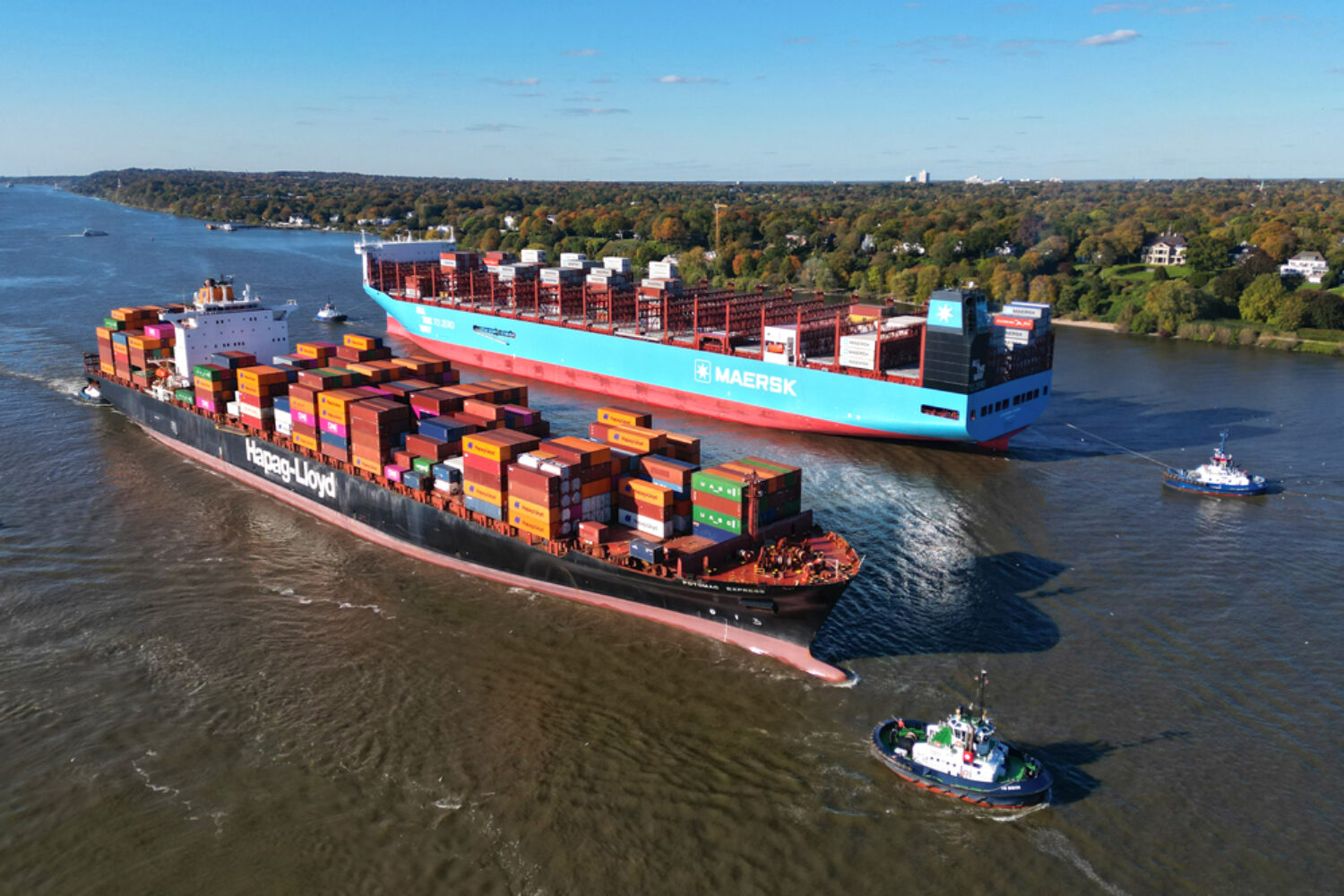A broad alliance of German businesses, chambers and tax consultants is calling for a binding timetable and a uniform nationwide implementation of the offsetting model for import VAT.
Numerous business associations, chambers, tax consultants and companies from industry, trade and logistics expressly welcome the fact that the new German government has enshrined the reform of import VAT in the coalition agreement. In their view, this is an important contribution to strengthening Germany as a logistics location and to industrial competitiveness as a whole, and therefore also a strong political signal of a new departure from the new CDU/CSU and SPD-led federal government. It is now crucial that this willingness to reform is quickly translated into concrete government action.
“The introduction of a clearing model for import VAT is a decisive step towards noticeably relieving the burden on Germany as an industrial location and making it fit for the future in European competition,” explained Florian Keisinger from the German Seaport Association on behalf of the coalition of associations. “It is not only a step towards tax harmonization in Europe, but above all a key measure to reduce a significant competitive disadvantage for Germany as a business location.”
“Unnecessary burdens” due to import sales tax
For many years now, the procedure for levying import sales tax in Germany has been criticized for causing “unnecessary burdens amounting to billions”: companies have to pay the tax in full to customs upon importation and can only claim it as input tax from the tax office at a later date as part of the advance VAT return.
The liquidity advantage for the import industry expected as a result of the postponement of the due date for import VAT introduced in December 2020 has not materialized to any extent, as the advantage of this regulation depends on the approval of a (separate) deferment account for import VAT. This ties up liquidity, causes bureaucracy and primarily affects the importing industry itself, but also the major cargo airports, the German seaports on the North and Baltic Seas, the other international logistics locations in Germany and road imports, in contrast to competing European locations where the offsetting model has long been standard.
The industry associations are therefore calling for
- the swift introduction of a uniform nationwide clearing model based on the European model,
- a rapid agreement between the federal and state governments on the legislative and technical requirements,
- a binding timetable for implementation in order to create planning security for business and administration.
“A clearing model reduces liquidity outflows, lowers bureaucratic hurdles and is a decisive location factor, especially for small and medium-sized enterprises and start-ups,” say the associations.
The environment and public budgets also benefit
According to the alliance, making imports via German ports more attractive could promote geographically shorter transport routes and more efficient supply chains – a plus for the ecological balance sheet. It would also increase the potential for logistics centers to locate in Germany, leading to additional tax revenue and added value in Germany.
According to the associations, the finance and economics ministers of the federal states once again clearly signaled last year that the current deadline model is not sufficient. They agree with this assessment: The introduction of the offsetting model should now be consistently prepared and implemented. The alliance of business associations, chambers, tax consultants and companies from industry, trade and logistics is ready to constructively accompany and support the further process.













